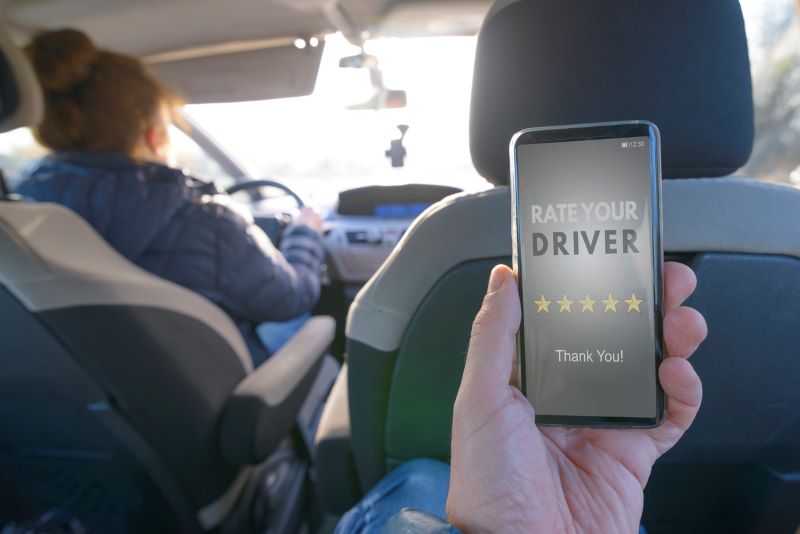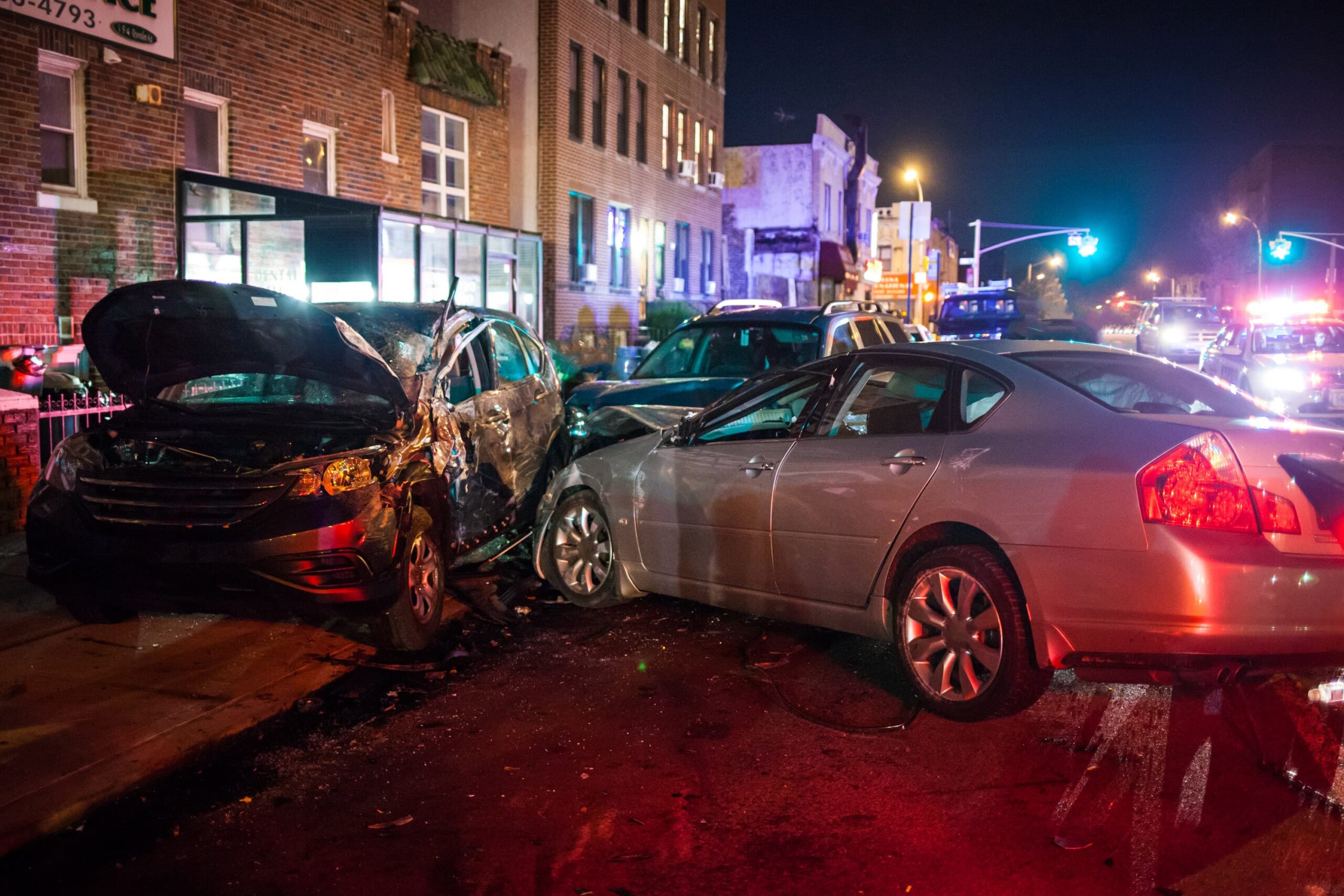What Are the Criteria Used To Prove a Defendant Is Vicariously Liable?
In Colorado, there are some circumstances where a person can be legally liable for what someone else does. Vicarious liability exists to make the legal system fair. For example, if you‘ve been injured, you may wonder how a business can be vicariously liable for employees, or a parent may be liable for their minor child.
What are criteria in the law that say when a defendant can be held vicariously liable? Our personal injury lawyers explain how to prove vicarious liability.
What Is the Test for Knowing When a Defendant Is Vicariously Liable?
The test for knowing when a defendant is vicariously liable is whether they had enough control over the other person’s actions that it’s fair to hold them legally responsible for that person’s negligence.
There are several different types of vicarious liability in Colorado. The exact test to use depends on the situation and the relationship between the parties involved.
When Is an Employer Vicariously Liable for an Employee?
An employer is vicariously liable for the actions of an employee when the following criteria are met:
- A master-servant relationship exists
- The employee acted within the scope of employment
When Does a Master-Servant Relationship Exist?
A master-servant relationship exists when the employer exercises sufficient control over the worker’s actions or a “right of control” test.
The question is whether the master controls how the servant does their tasks. Things that may be relevant are whether there are certain work hours, direction for how the work is done, and dictating of the servant’s duties. The degree to which the master controls the servant’s performance must be evaluated.
According to Colorado Rev. Stat. § 8-40-2021, things to consider when determining whether a master-servant relationship exists include:
- Whether there is control and direction for how tasks are done
- If the person is engaged in an independent trade or profession
- The degree of control exercised by the person receiving the service unless the control is because of a legal requirement
- Whether there is a written document stating independence
- Exclusivity agreements
- Oversight during performance
- A salary or hourly rate as compared to a fixed contract rate
- Conditions under which termination can occur
- How extensive training is
- If tools are provided
- Dictating the schedule of services
- Whether payment is made to the individual or to the trade or business name
- Separation of business operations between the two parties
What Does It Mean To Act in the Course and Scope of Employment?
When an employee acts in the course and scope of employment means doing the work assigned by the employer. It means the work itself and things that are incidental to the specific duties that are set.
To determine whether specific actions were in the course and scope of employment, consider whether the person is furthering the employer’s interest, if the actions are during business hours, whether the actions are normal or typical and whether the person is acting for personal interest rather than a business interest. See Destefano v. Grabrian, 763 P.2d 275 (Colo. 1988)2 for a vicariously liable example.
Are There Exceptions to the Course and Scope of Employment?
The following acts or omissions are not part of the course and scope of employment:
- Frolics – like personal errands
- Detours – a temporary break from the employer’s work
- Intentional torts – intentional harm or torts committed by the employee, like assault and battery
A person who provides services but is not an employee is called an independent contractor.
Are Uber and Lyft Drivers Employees or Independent Contractors?
One of the most common questions when it comes to employees and independent contractors is rideshare drivers like Uber and Lyft. The National Labor Relations Board classifies them as independent contractors3. Each driver chooses their hours, how much to drive, and what vehicle to use. They maintain their own vehicle, and training is not provided.
Regardless of the legal classification of the driver, you may still qualify to receive compensation for an accident through Uber and Lyft’s supplemental insurance policies.
What Are the Criteria for Vicarious Liability for Parent and Child?
Parents are legally liable for the actions of their children when:
- The child is known for doing that action
- The parent knows about it
- The parent doesn’t stop the child
- It causes harm
Colorado law makes the parent directly liable for their child’s wrongful acts. Technically, they’re not vicariously liable but rather directly liable.
In addition, Colorado parental responsibility laws make the parent of a minor child liable for willful, malicious, or intentional bodily injury or property damage (Colorado Rev. Stat. § 13-21-1074). Parental responsibility also covers shoplifting (Colorado Rev. Stat. § 13-21-107.55).
What Are the Criteria for Vicarious Liability for Car Owners?
Colorado follows the family car doctrine. The criteria include:
- The owner of the car is the head of household
- The negligent driver is in the household
- Permission was granted to use the vehicle, either express or implied
In addition, an adult signing an affidavit of liability for a minor to have a driver’s license makes them responsible for the actions of the minor if they cause an accident. However, Colorado does not impose vicarious liability for all owners who loan out their vehicles.
What Are the Criteria for Vicarious Liability for Co-Owners of a Business?
The criteria for vicarious liability among business owners is when one of the partners acts in the name or furtherance of the business.
Lawyers for Vicarious Liability Cases
Vicarious liability is essential because it may significantly impact your ability to get the compensation you deserve. You must evaluate this type of liability before you even file the claim. Then, you must prove general liability for negligent acts and the vicarious liability of any parties named in the lawsuit.
Our lawyers can help you pursue your legal rights and ensure the negligent parties are held responsible. The Bachus & Schanker legal team handles cases involving complex issues, including vicarious liability claims. Contact us today to talk about your case.
Sources:
2Destefano v. Grabrian, 763 P.2d 275 (Colo. 1988)
3Romo, V. (15 May 2019). Uber Drivers Are Not Employees, National Relations Board Rules. Drivers Saw It Coming. NPR.org. Retrieved 17 March 2022.








